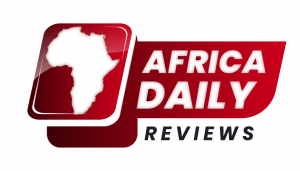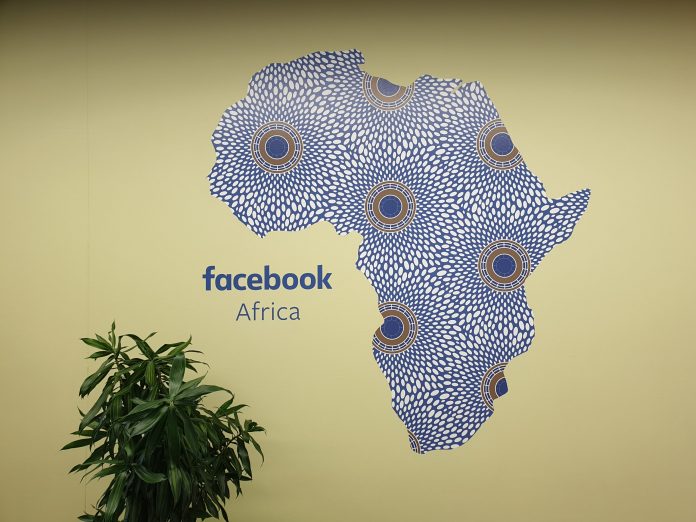This special year 2020 has allowed Facebook to set new milestones in Africa. By responding to the health emergency, the social network is preparing for the future. On the other hand, the company has just revealed mysterious propaganda practices orchestrated through its platforms.
“2020 has brought many unexpected challenges to the world, including here in Africa.” So Kojo Boakye, Facebook’s director of public affairs for Africa, sums up the months that have just passed. In his view, Facebook is well aware that the pandemic has changed the way we work, we come together and has had an impact on many local economies and businesses.
“Despite this, our teams continue to see and hear so many stories of resilience, strength and growth. The group “remains committed” to the continent. Reviewing the highlights of 2020, he notes that these show that certain investments have been intensified, as well as the “impact that we have been able to have by supporting the growing ecosystems of developers, SMEs, creatives and many other communities”.
Facebook in 2020 in Africa!
The biggest structuring project of the year is undoubtedly 2Africa. Along with eight international and local partners, Facebook is engaged in one of the largest underwater networks in the world. It covers 37,000 km, all around the continent, connecting 16 countries in Africa, the Middle East and Europe; it aims to provide access to increased Internet capabilities.
Like many multinational and pan-African companies, the group has supported efforts in the face of Covid-19. It has supported some 40 countries in Africa, in collaboration with local health authorities, through education campaigns and information tools on Facebook and via WhatsApp.
Facebook has supported the creation of a business resource center to support SMEs and roll out a 1.8 million grant program for them, including in Nigeria and South Africa.
Support for digital literacy!
Using its strike force with the populations, Facebook has taken part in blood donation campaigns, in partnership with local health authorities. They have been active in Senegal, Guinea, Côte d’Ivoire, Burkina Faso, Mali, Niger, Uganda, South Africa, Rwanda, Namibia, Zimbabwe. More than 2.6 million Facebook users have signed up to receive blood donation notifications from blood donor centers.
The longer term dimension is not forgotten. Facebook has participated in various economic impact programs (Boost, SheMeansBusiness). A total of 229 young people were trained thanks to the Digify Pro program; 183 of them got jobs. The company has extended its Developer Circles program to more than 76,000 people, from 45 cities across 17 countries in sub-Saharan Africa.
Digital literacy remains an issue of knowledge in new technologies. Facebook delivered digital literacy training, focusing on online safety, privacy, news, media literacy and digital citizenship, in six countries, training 26,562 people.
In collaboration with the International Center of Journalists (ICFJ), Facebook awarded $140,000 in grants to South African publishers and established a $250,000 video training program, targeting 10,000 journalists across Africa.
In the second half of 2021, Facebook will open its second African office, in Lagos (Nigeria). It will be the first in Africa to include a team of expert engineers building for the future of Africa and beyond.
Fake accounts deleted!
Facebook is also attentive to securing data and combating fake news, a plague that does not spare Africa, especially during elections. The company surprised, in mid-December, by revealing that it had deleted several fake accounts operated by “individuals with links to the French military”. These accounts engaged in propaganda or disinformation operations across multiple platforms, including Instagram.
Two of these operations were piloted from Russia, a third was from France. Facebook deleted 84 profiles, six pages and nine groups as well as fourteen Instagram accounts. A report released by Stanford University and the Graphika office uncovers fake profiles on YouTube channels and Twitter accounts. Certain pages created were presented as “Fake News” hunting profiles …
According to the report, propaganda operations were observed mainly in Mali in the Central African Republic. As well as, to a lesser extent, in other French-speaking African countries. “We saw them trying to promote the activity of the French army in the region,” Nathaniel Gleicher, Facebook’s security policy officer, told Le Monde daily.
For example, false Malians praised the French intervention in the Sahel to the populations. If the Russians and the French sometimes mixed their voices, many French accounts also aimed to stigmatize Russian interference, especially in the Central African Republic.
French operators have even been seen responding to fake Russian accounts, themselves engaged in a propaganda operation in several African countries. “This is the first time that our team has observed two campaigns interacting with each other,” Nathaniel Gleicher said at a press conference. While the study directly implicates a Russian propaganda agency (IRA), it struggles to identify the French manipulators.

